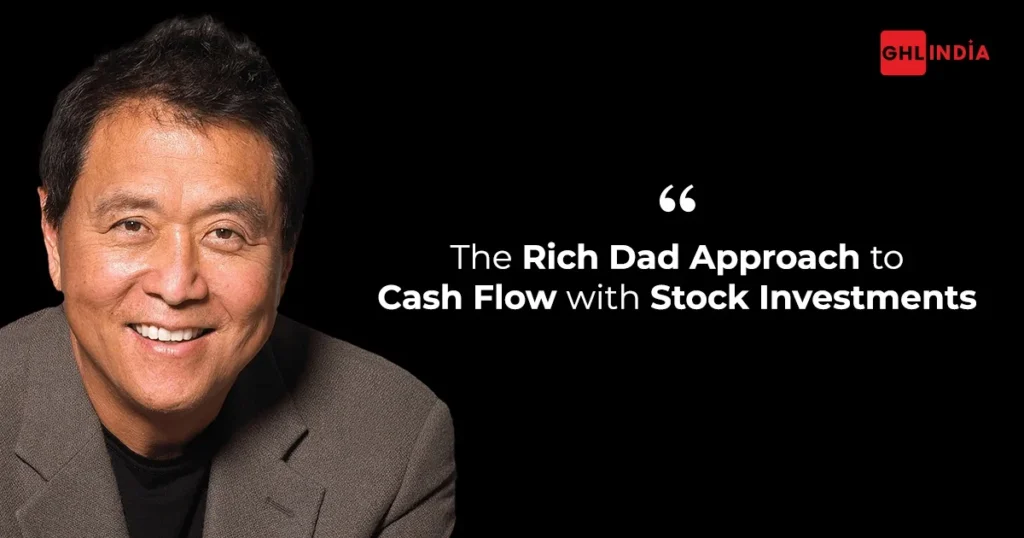For instance, consider investing a minimum of ?1,00,000 with a pre-tax return of 24.00% over a 24 month tenure. In this scenario, debentures offer a stable income stream, making them an attractive option for investors seeking consistent returns.

Capital gain Vs Cash flow
In this era, we are inclined to improve our financial situation and achieve our goals and desires, right? What helps us attain our goals? Savings? No! How we intelligently utilize our earnings decides that. Perhaps some may regret the following statement, but the truth is saving does not help us grow financially; how we strategically invest is what decides that! Following this, let’s delve into two crucial investments. So, which investment is suitable for you? .
Understanding the Difference: Capital Gain and Cash Flow in Investments
Capital gain is the profit realized when selling an investment at a higher price than its initial purchase cost . For instance, if you invest 10 Rs in a stock and later sell it for 30 Rs, the 20 Rs difference is your capital gain. This gain results from the appreciation of the asset’s value over time.
On the other hand, cash flow involves the regular income generated by an investment. This can be received on a periodic basis, such as monthly or annually, and may come in the form of interest, dividends, or rental income. For example, investing in an instrument that provides a 6 to 12% annual return generates cash flow in the form of this regular income.
Investing in debentures provides a stable income stream with regular interest payments. These predictable cash flows make it an attractive option for investors seeking consistent returns while preserving their capital.
For instance, consider investing a minimum of ?1,00,000 with a pre-tax return of 24.00% over a 24 month tenure. In this scenario, debentures offer a stable income stream, making them an attractive option for investors seeking consistent returns.

The Rich Dad Approach to Cash Flow with Stock Investments
Most people believe that investing in stocks goes against the famous Rich Dad formula, but this is not the case. A knowledgeable investor understands the importance of making strategic investments in the stock market. The stock market offers two ways to generate cash flow income. The first option is rather basic – dividends. The second option, covered calls, requires a bit more financial literacy.
When you purchase stocks or invest in a company, you get two fundamental rights. The first right is to vote for the company’s board of directors. The board may decide to award you a dividend based on the company’s profits. At the end of each quarter, when the board of directors releases the company’s results, they will announce the amount of the dividend (if any) to be paid per share.
Understanding Dividends and Covered Calls for Smart Investing
Dividends:
Dividends are a bonus that some companies share with their investors. If you have some stocks of a company, you own a little piece of it. The board of directors of the company decides to share a portion of the money it has made with investors. This happens usually every three months, and it can be in the form of extra money or more stocks.
Choosing companies that pay dividends regularly is a smart move for investors, just like choosing friends who share treats often. As a shareholder, you’ll receive a portion of that bonus for each share you own. This is not a one-time thing; it happens on a schedule, creating a dependable flow of extra income for you. This steady stream of money from dividends helps investors build a reliable cash flow.
Covered call strategy:
A covered call is a smart move in options trading. Here’s how it works: first, you own some shares of a specific stock. Then, you sell a call option for that stock to someone else. This option gives them Blog the right to buy the stock from you at a set price before a certain date. In exchange for this right, you get an immediate payment, which is called a premium. There are two possible outcomes. If the stock price stays below the set price, the option expires without being used, and you keep the premium. But if the stock price goes above the set price, you might have to sell your shares at that price, but you still get to keep the premium. So, it’s a way to make money from both the stock and the premium.
A Brief Overview of Capital Gain :
Capital gain is a fundamental principle in the world of investing, indicating the profit made when selling an asset for a higher price than what was initially paid. It occurs when the market value of the asset appreciates over time. To illustrate, if you buy a stock for $50 and sell it later for $100, your capital gain is $50.
Many people invest to grow their wealth by buying and selling things like stocks, real estate, and securities. This helps them make their investment collection more valuable. There are two main types of gains they can make: short-term gains when they sell something quickly, and long-term gains when they hold onto something for a longer time before selling it.
However, making money through investments comes with risks. The value of what they invest in can fluctuate due to changes in the economy or other external factors. Additionally, they may have to pay varying taxes depending on how long they held onto their investment and the location they reside in. To make informed decisions about investing, it’s crucial to have a good understanding of these factors.

The Advantages of Choosing Cash Flow Over Capital Gain in Investments
When you choose cash flow over capital gain, you are opting to prioritize receiving a regular income over solely making money from selling an item for more than its purchase price. Capital gain refers to making a profit by selling an investment for a higher price, whereas cash flow pertains to receiving a steady income regularly, such as through dividends, rent, or interest.
One of the benefits of selecting cash flow is that it is more stable and less influenced by market f luctuations. Unlike capital gain, which can be variable with market uncertainties, cash flow provides you with a consistent income, making your financial situation more secure. Additionally, with cash f low, you can earn money from multiple sources, minimizing your risk.
Another advantage is that the tax on cash flow is generally lower than the tax on capital gains. Therefore, by opting for cash flow, you can retain more of your earnings. In essence, by choosing cash flow, you are selecting a reliable and intelligent way to make money, ensuring a steady income even when the market is unpredictable.
Capital gain investment can be managed properly only by an organization. So, retail investors should avoid it, and for you, investment that produces regular cash flow is the best tool to park your money.
How GHL Enhances Your Investment Experience?
GHL, a different kind of alternate investment platform, helps you to generate regular cash flow by offering various investment opportunities that go beyond the conventional financial investment products. It lets you invest in things like real estate, Agri and more, helping you build a mix of investments that can bring in steady profits. GHL makes it easy for you to manage your investments and gives you detailed information to make smart choices. By focusing on these different kinds of investments, GHL can potentially increase your earnings and make your investment strategy stronger and more secure.

Lorem Ipsum is simply dummy text of the printing and typesetting industry. Lorem Ipsum has been the industry’s standard dummy text ever since the 1500s, when an unknown printer took a galley of type and scrambled it to make a type specimen book. It has survived not only five centuries, but also the leap into electronic typesetting, remaining essentially unchanged. It was popularised in the 1960s with the release of Letraset sheets containing Lorem Ipsum passages, and more recently with desktop publishing software like Aldus PageMaker including versions of Lorem Ipsum.




